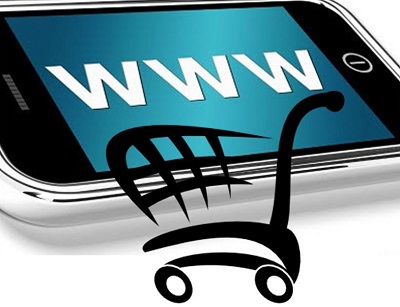Retailers are giving one final post-Christmas sales push to get the most out of the shopping season.
Each of the five highest ranked retailers in the Keynote Mobile Commerce Index have implemented strategies that have been designed to be able to reduce the length of time that it takes their m-sites to load.
Keynote says that these stores are working to make sure their sites load faster and more accurately.
This was the same number of retailers that were using their standard web shopping sites for this post Christmas holiday shopping season and that were working to make sure that their sites loaded well. Out of the five top mobile commerce retailers as ranked by Keynote Systems, four experienced only a small variation in the speed and size of their pages last week when compared to the week before. This, according to a mobile performance evangelist from Keynote, Abelardo Gonzalez. Moreover, the leading five retailers in last week’s index were all the top five in the week before, as well.
The retailers used proper mobile commerce page design practices to improve the experience.
 Gonzalez explained that “The retailers took advantage of mobile page design web practices—such as minimizing the number of objects and page size—to deliver a consistent and reliable experience.” The only exception that he identified was in JCP.com, from J.C. Penney Co. Inc., which saw a slower load time and a larger page size and object count than it had the week before. Despite the fact that it had a slower load time, however, Keynote did point out that the site was able to load 100 percent of the time.
Gonzalez explained that “The retailers took advantage of mobile page design web practices—such as minimizing the number of objects and page size—to deliver a consistent and reliable experience.” The only exception that he identified was in JCP.com, from J.C. Penney Co. Inc., which saw a slower load time and a larger page size and object count than it had the week before. Despite the fact that it had a slower load time, however, Keynote did point out that the site was able to load 100 percent of the time.
J.C. Penney accomplished this goal through the use of a content delivery network. This firm, Akamai, was used to make certain that each of the elements of the page would render properly throughout the site. The reliability rating that this achieved for the site helped the company to keep its position among the top five retailers on the mobile commerce index. J.C. Penney’s position was second on the list, with a 100 percent success rate and a load time of 5.42 seconds, for a score of 935.

 Kiip notes that mobile traffic to retail sites has grown by an average of 39% over what it had been in 2012. Consumers are flocking to mobile retail sites in order to shop, especially during the holiday season. Retailers have been reporting a significant increase in mobile sales during the 2013 holiday shopping season as they find success with their mobile engagement initiatives.
Kiip notes that mobile traffic to retail sites has grown by an average of 39% over what it had been in 2012. Consumers are flocking to mobile retail sites in order to shop, especially during the holiday season. Retailers have been reporting a significant increase in mobile sales during the 2013 holiday shopping season as they find success with their mobile engagement initiatives.